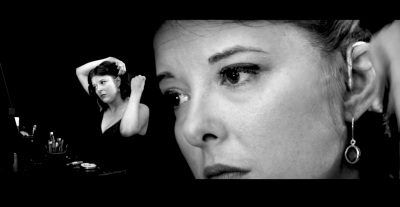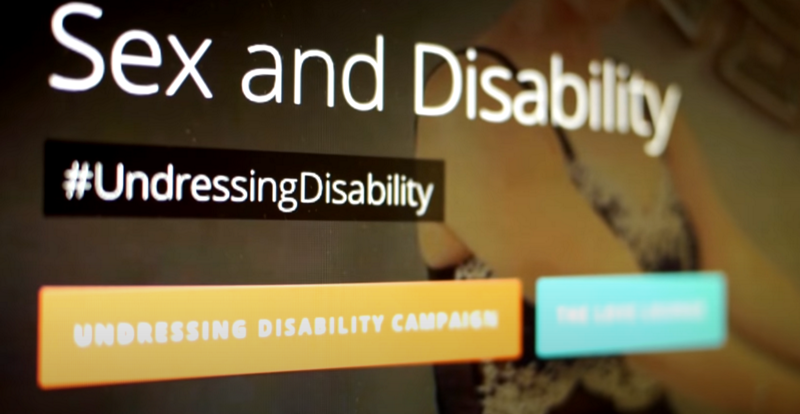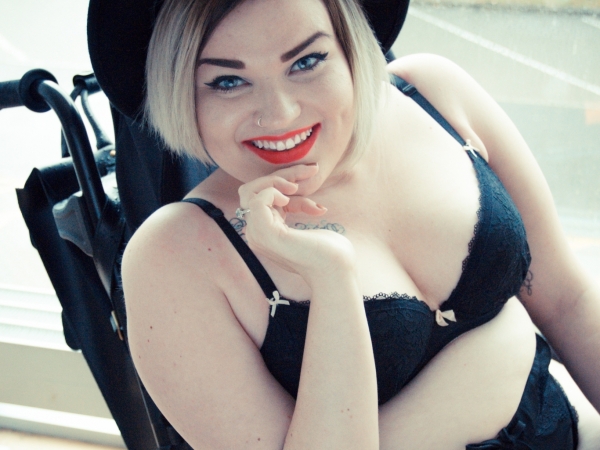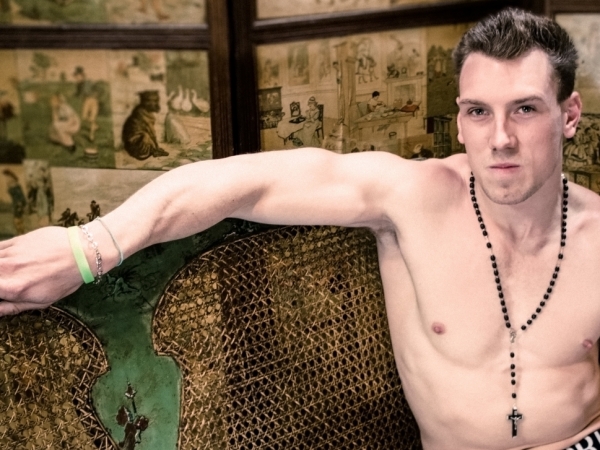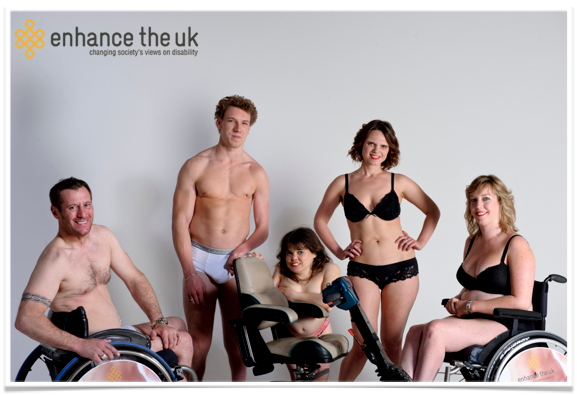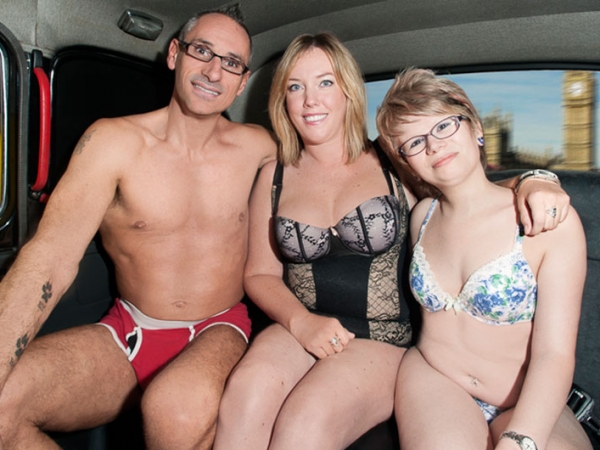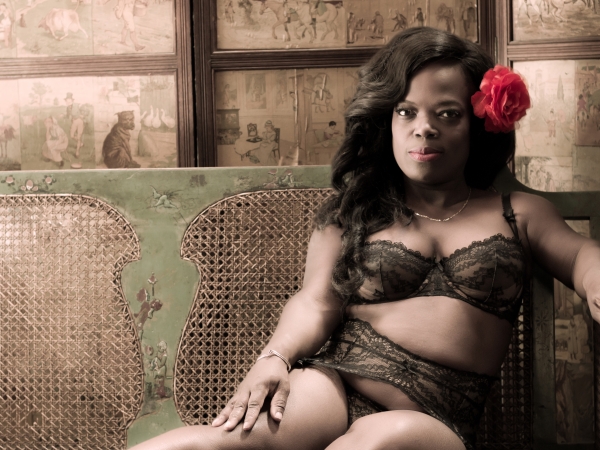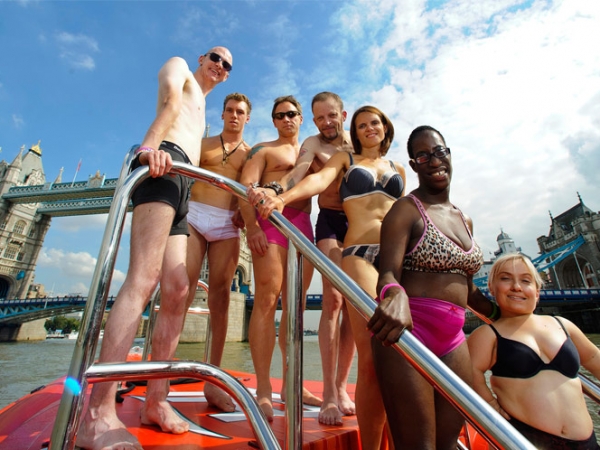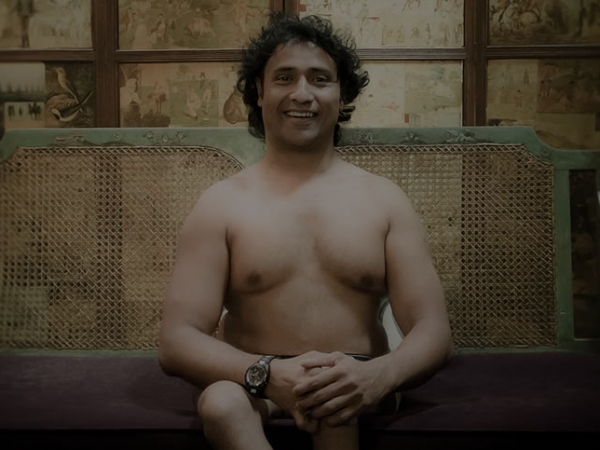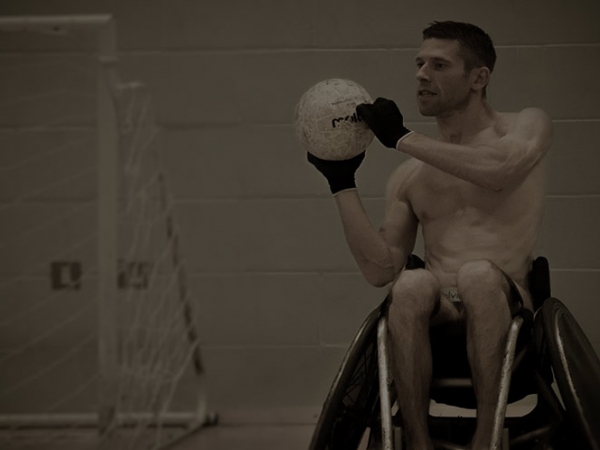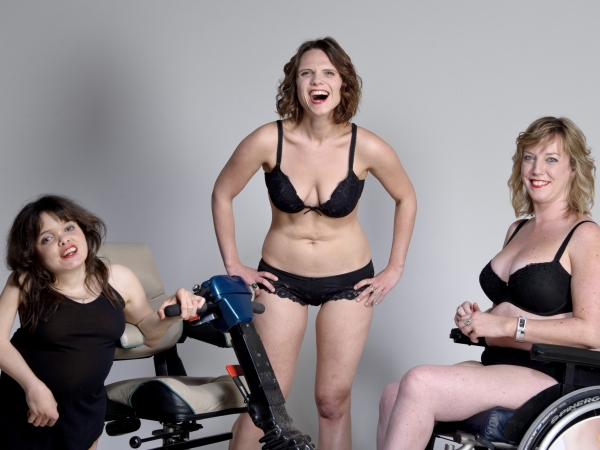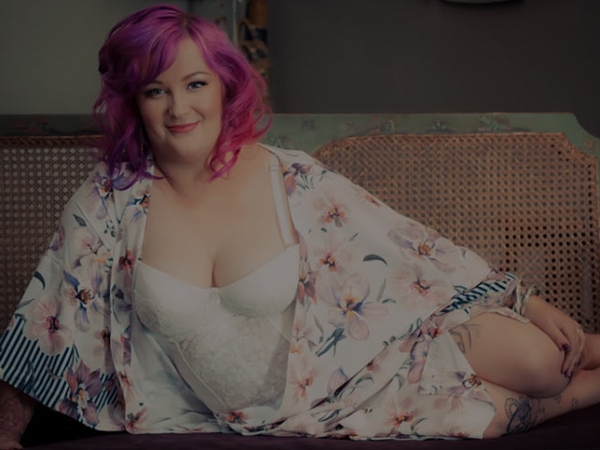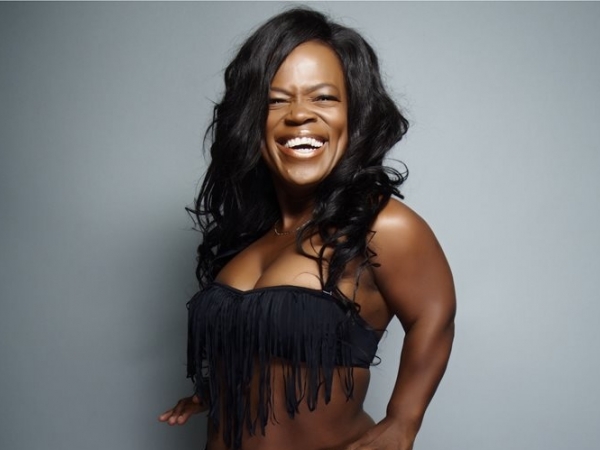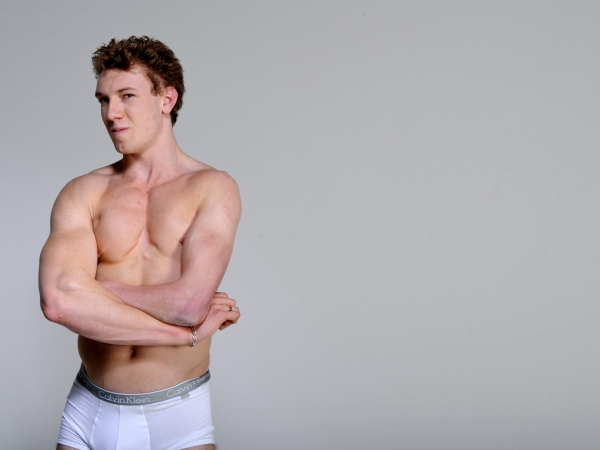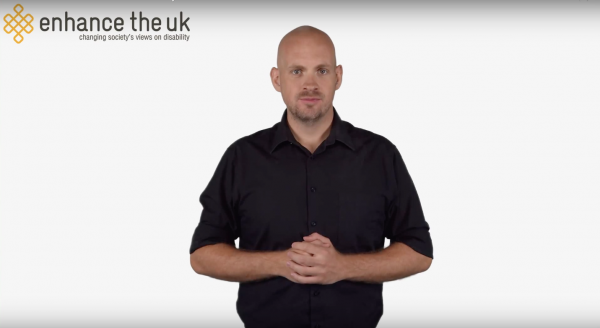Undressing Disability is a campaign aiming to raise standards in sexual health and sexual awareness for disabled people.
Having a disability can be a very isolating experience. As well as physical barriers, there is still a huge amount of prejudice towards disability amongst the general public. People often hold the misguided notion that disabled people can’t, don’t or won’t have sex. There is a stigma that unfortunately is often internalised by disabled people who often suffer with self esteem problems as a result.

